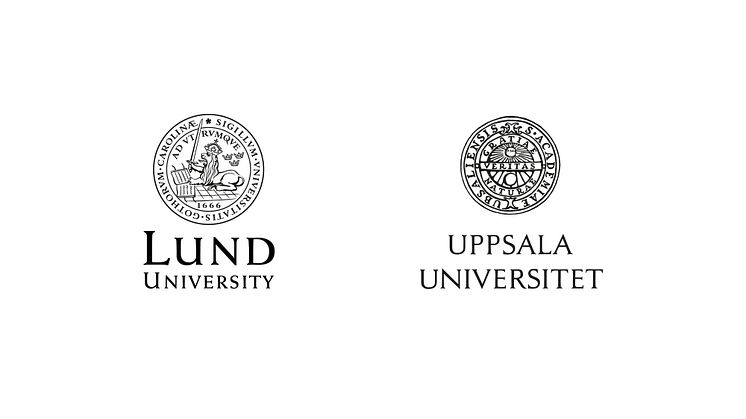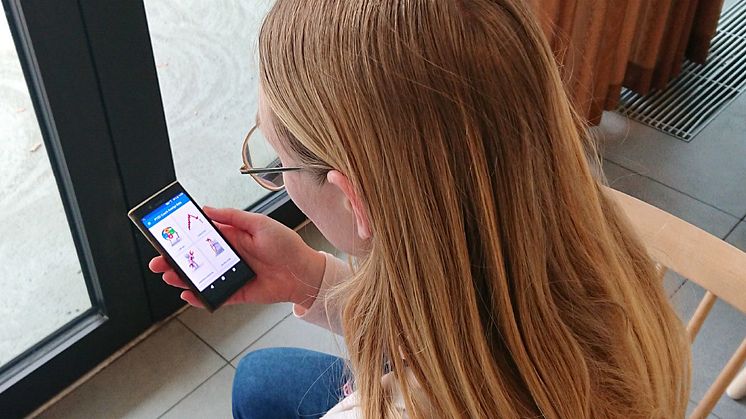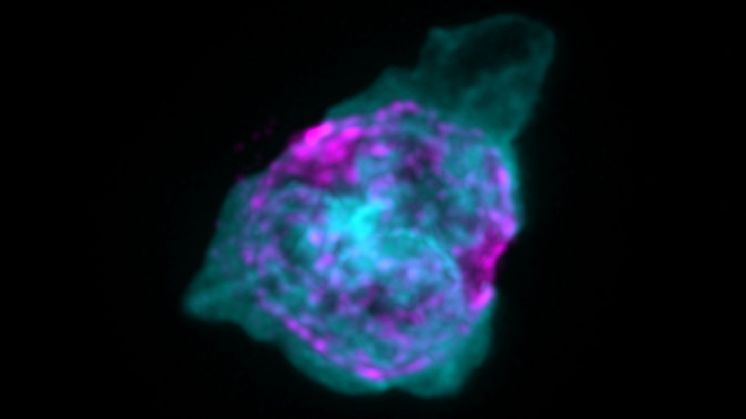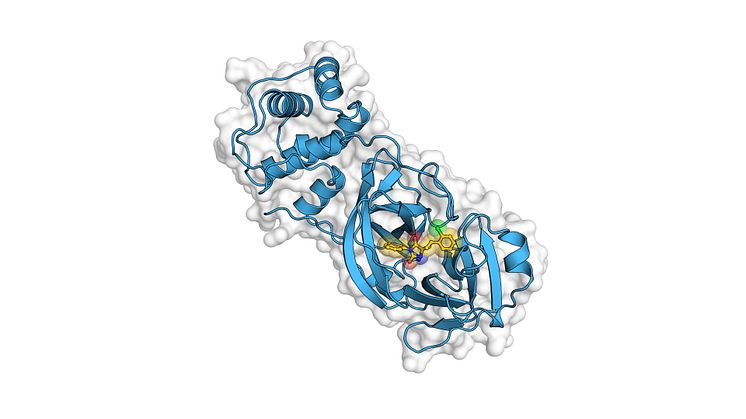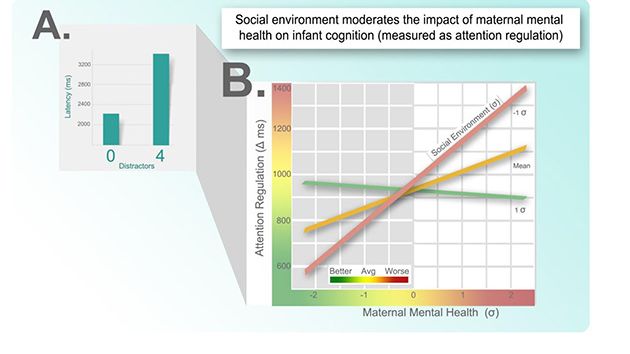Newly discovered coronavirus common in bank voles
Researchers from the Zoonosis Science Center at Uppsala University have identified a new coronavirus. Their study of approximately 260 bank voles caught around Grimsö, Örebro County, shows that the virus is well established in Sweden’s red-backed voles. The finding has been published in the journal Viruses.
